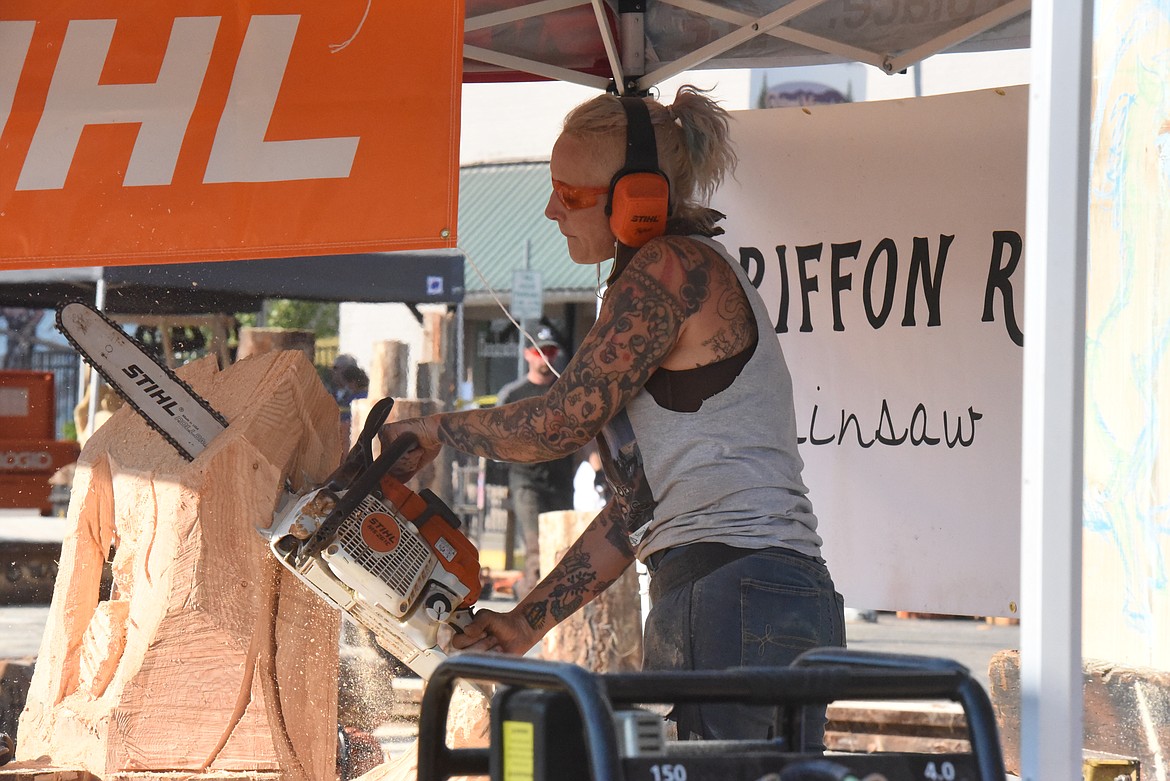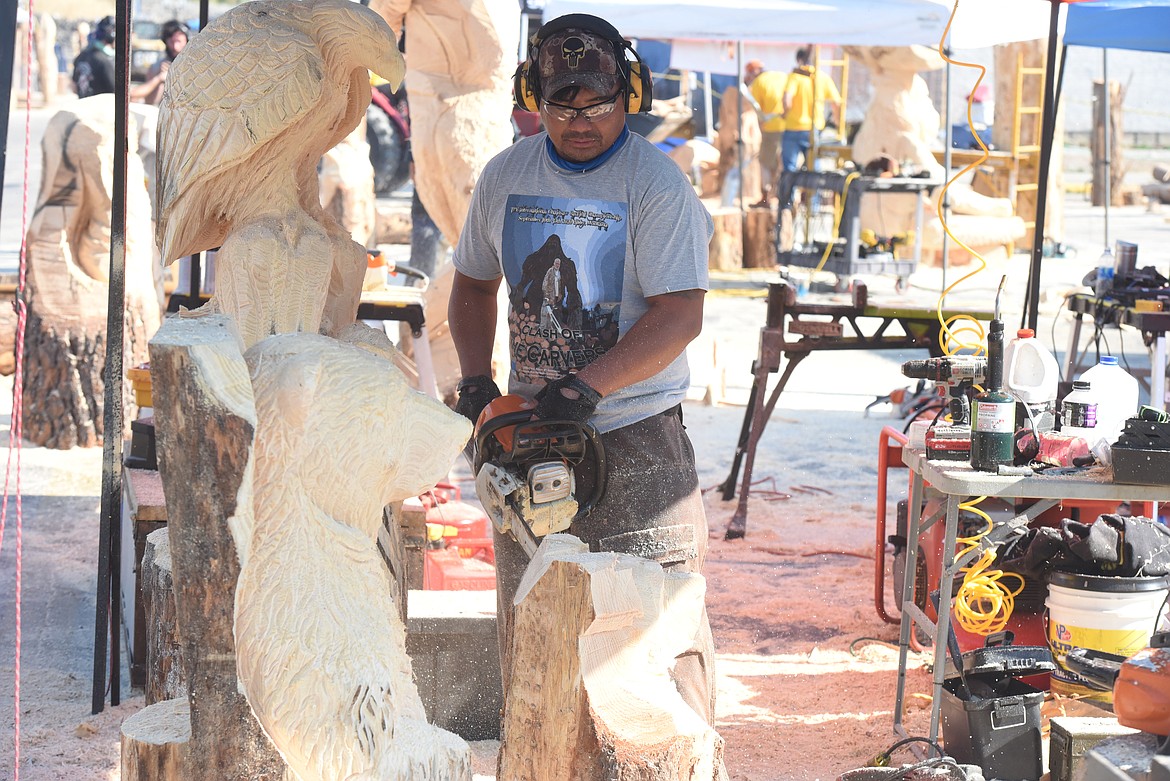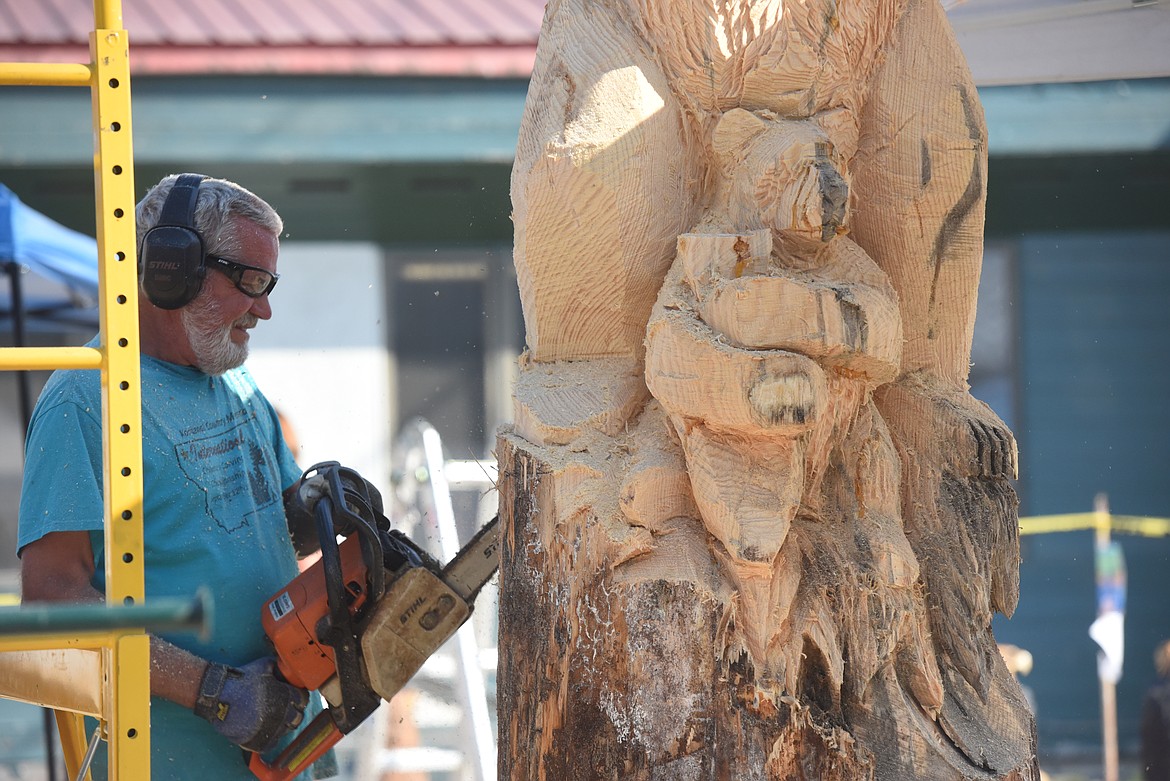Chainsaw carving competition draws global crowd
Enveloped in a haze of wood dust and the roar of her chainsaw, Griffon Ramsey was in her element.
Her eyes stayed steady while splinters glanced off her protective glasses...
Become a Subscriber!
You have read all of your free articles this month. Select a plan below to start your subscription today.
Already a subscriber? Login





